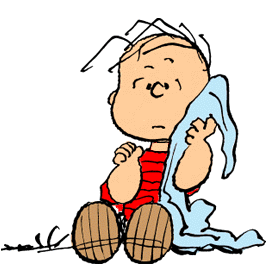Merricat Blackwood poisoned her family long ago. She strategically kept her sister Constance and Uncle Julian alive; everyone else had to go. In this sinister story themed around reclusiveness and resistance to mainstream culture, we have a villainess and heroine all wrapped into one person.
All's well, or so it'd seem for these outcasted ladies. Following a trial that set Constance free of being charged for murdering her family (you don't have Merricat confirmed as the perpetrator until halfway through the book or so), the Blackwoods live a life away from everyone. Constance never leaves, Uncle Julian can't, and Merricat only goes into town for shopping (and a side order of harsh ridicule).
Then Charles arrives. A mainstream main disguised as family, the girls' cousin, he infiltrates the their away-from-it-all world in attempts to assimilate. Unwittingly, he sets fire to the house with one of his pipes and burns the entire upstairs. Then the house is plundered and pillaged, the climax being the time where society attempts to crush the girls forever. But see them a few days later, the remaining portion of the house barricaded, with only their garden and tablecloths for Merricat's clothes, and on they go, to their own drum.
But is the drum sinister? Is Merricat's design to keep her sister down and subservient? Or has Merricat liberated what was left of her family and separated them and their useless fortune from the doldrums of normalcy? These are appropriate questions, I believe, and ridiculously hard to answer. I suppose that qualifies the books as challenging, morally speaking, and you almost feel pleasure out of not answering, simply pondering. I couldn't help but feel oddly hopeful in the last chapter as I heard of Society's hindsight horrible guilt as they left food for the girls who waited until late at night to retrieve it. Charity. Heavy consciences. And the girls, not needing, not caring, but eating it and living on the essentials of love, garden, and air. It's bohemian stuff. With some sick fantasy we've all had in our most bitter moments -- to be on an island with our families, and everyone, just everyone, lost forever -- if not killed, then just exiled.
Just be on an island.
"'The least Charles could have done', Constance said, considering seriously, 'was shoot himself through the head in the driveway.'"

No comments:
Post a Comment